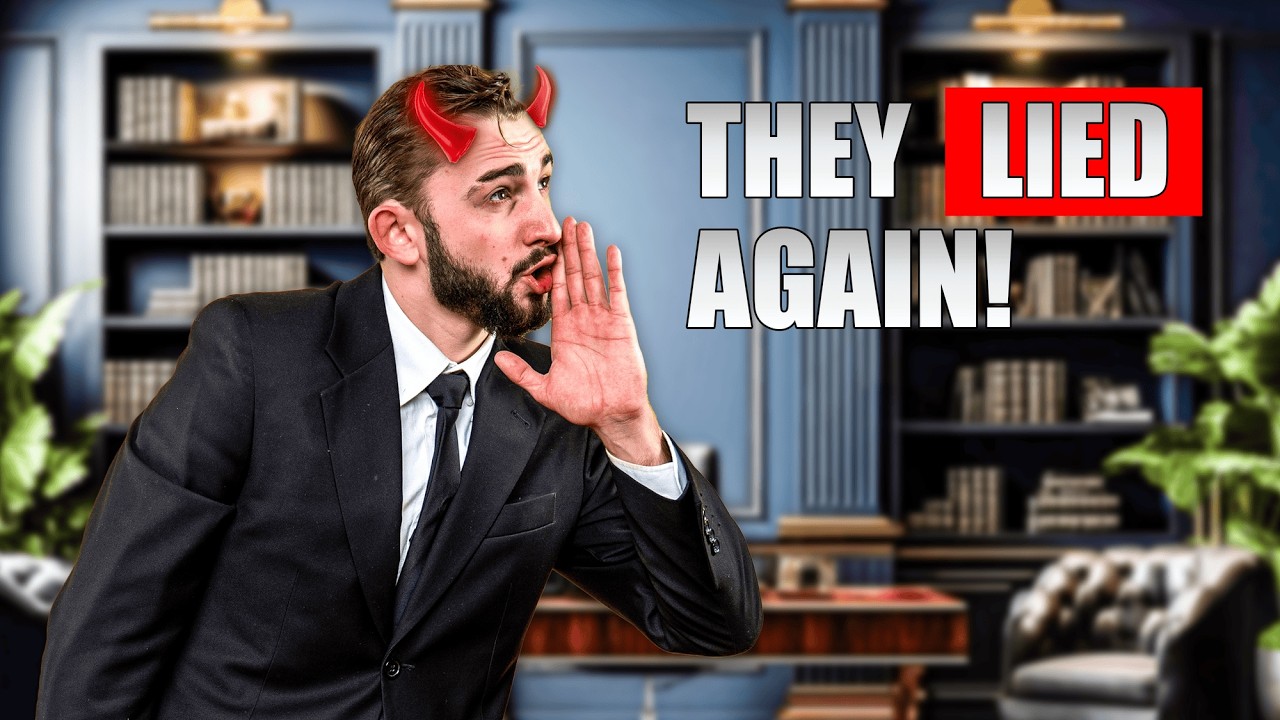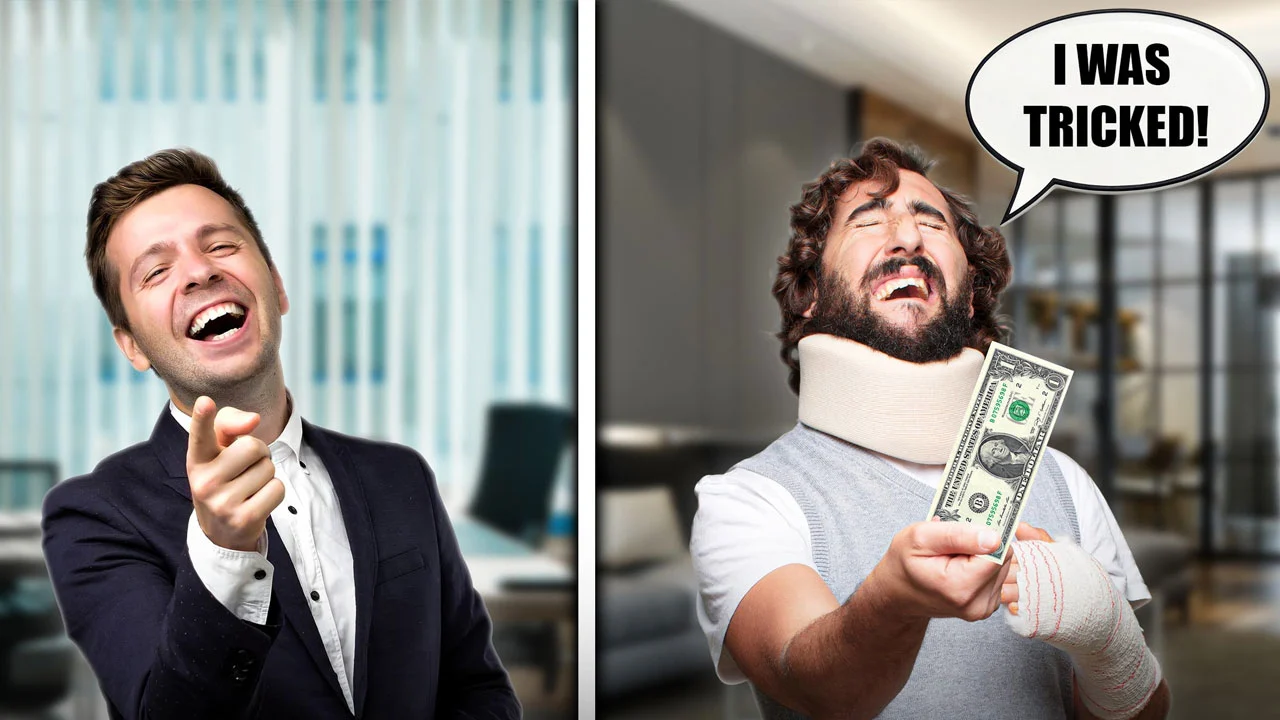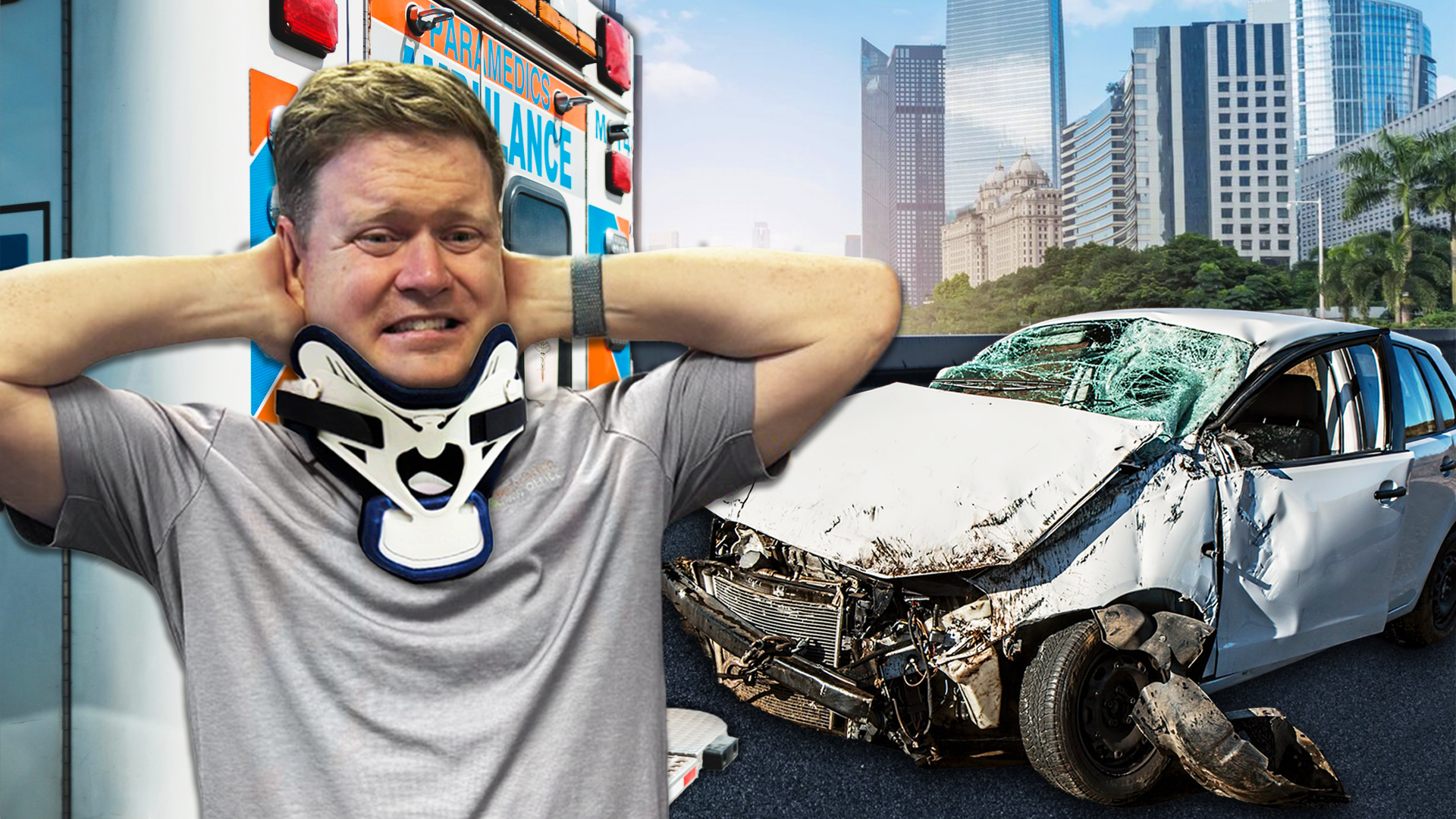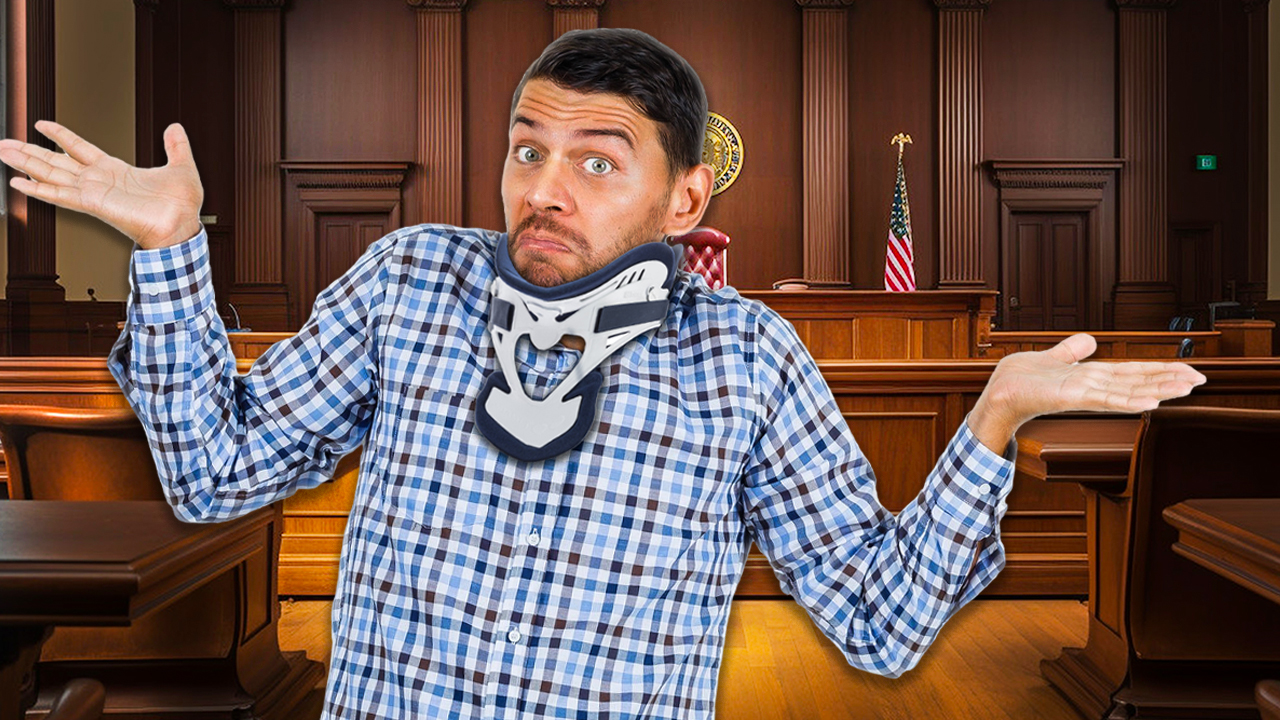If you’ve been injured in a car accident, slip or trip and fall, or dog attack, or have any type of personal injury claim that is being litigated in court, you’re likely anxious to get your case settled as soon as possible. Many insurance companies and large corporate defendants will request that they mediate your case with you early on in the litigation process because they know injury victims are eager to get their case settled. In this video, however, you will learn why sometimes mediation could be used as a trap to ensure the case settles for less than the actual value of the case. To illustrate my point, let me tell you the story of my past client, Robin. Robin was in a rear-end motor vehicle accident. She was rear-ended by a driver who was inattentive.
After the accident, Robin went to the hospital, but not in an ambulance. She had a friend drive her to the hospital. Later in the day, after the accident happened, Robin suffered injuries to her head, left hand, neck, left knee, shoulders, and lower back. Diagnostic testing was performed at the hospital, and it showed that Robin did not sustain any broken bones. It was a short hospital trip, and she was discharged. Robin later sought additional medical treatment, including physical therapy and pain management treatment. Robin only had to receive medical treatment for a few months. After a car accident, she had to undergo several months of medical treatment, after a car accident, and, in some cases, even years of medical treatment, possibly for the rest of her life.
Once Robin was finished with her medical treatment, we gathered all of Robin’s medical records and medical bills. I then sent a written demand package on behalf of Robin to the at-fault driver’s insurance company, demanding that they pay out the insurance policy limits. I then sent a written demand package on behalf of Robin to the at-fault driver’s insurance company, demanding that they pay out the insurance policy limits. In response to our demand, I got an initial offer of under $17,000 to settle Robin’s case. This was a lowball offer, and I knew it. If you get a lowball offer in your case, you are going to have to file a lawsuit to get a fair and reasonable settlement. It’s the best way, in my opinion, to get the insurance company to possibly offer you a fair and reasonable offer.
After I filed the lawsuit for Robin, the insurance company for the other driver hired me to solve the problem. A defense lawyer was tasked with defending the at-fault driver in the lawsuit. Shortly after filing the lawsuit, the defense lawyer, presumably as instructed by the insurance company, asked if we wanted to mediate Robin’s case. We refused to mediate the case early on during litigation. After Robin’s deposition took place, the insurance company’s defense lawyer again asked if we were interested in mediating the case. We still were not interested in mediating the case. After months of litigating the case, I moved for a trial date. When we got the trial date, the judge also ordered us to mediate the case before the trial. We ultimately mediated Robin’s case a month prior to the trial date that we were given by the court.
Mediation is a settlement conference where a neutral party, known as a mediator, helps the parties try to reach a settlement. In the case, before we mediated the case though, I requested one of the doctors who treated Robin to provide me with a report outlining the nature and extent of Robin’s injuries related to the accident. Once the doctor completed the written report, we provided this doctor’s report to the defense lawyer prior to the mediation. This report was very favorable to Robin and helped increase the value of her claim. Thus, at mediation, we held the case case for Robin, just a month earlier than in 2016, just three months prior to the trial date. We were able to settle Robin’s case for over five times the initial offer we got on Robin’s case.
Since Robin also got ten thousand dollars in no-fault benefits that went towards her medical bills, the total recovery received in Robin’s case was nearly $100,000. So we settled Robin’s case at mediation just a month prior to the scheduled trial date. One of the reasons why I know she left the area for so many years is because authorizing ‘was’ was her last proposal. Now, you would be wondering why we wait so long to mediate a case. When did this story end up happening? Robin’s case? Well, in Robin’s case, we were dealing with one of the most difficult insurance companies. This insurance company is notorious for low-balling injury victims and even sometimes wanting to mediate a case early on during the litigation process to see if they can use the mediation process to get the injury victim to accept a settlement for less money than the value of your case.
I knew what the insurance company planned in Robin’s case. I knew, based on my experience, that this insurance company wanted to make low offers to Robin if we agreed to mediate the case early on in litigation. We thus fought hard for Robin during the litigation process. We put pressure on the insurance company by getting a trial date, which got the case closer to a trial. Insurers know that they have a duty to make a good-faith offer to injury victims; they know that they have a duty to make a good-faith offer to injury victims. Victims before trial or they risk the chance of having bad-faith claims filed against the insurance company in the event an injury victim gets a judgment in excess of an insured driver’s policy limits, or a judgment over the amount offered to them prior to the trial by the insurance company.
Early on after a lawsuit is filed, there still is not a ton of pressure on the insurance company to make injury victims a good-faith offer. But the closer and closer you get to trial, the more pressure the insurance company has to make a good-faith offer. For this reason, in many of my cases, I do not like to mediate a case until a court orders the parties to mediate. Early on in the case, the insurance company might try to get you to mediate your case because they think if they get a mediator that they like, they can get that mediator to convince you that your case isn’t worth fighting out any longer in litigation if you can settle your case at mediation early in the case for an amount maybe even significantly less than what your case may be worth. The insurance company may be trying to trap you when requesting to mediate your case early on in your case. While mediation may sound like a good idea because it means your case might settle, it does not always mean it’s a good idea.
So now that you know that mediation in your injury case may be used as a trap by the insurance company, you might be thinking, what are some other ways insurance companies might try to trick you when it comes to your injury case? And if that sounds like you, then you should definitely watch this video about to pop up right now. And if you haven’t already, make sure to subscribe to my channel right here where I explain other ways insurance companies will try to trick you in your injury case. Also, for more helpful videos like this one, don’t forget to subscribe to my channel right here. Lastly, if you’ve been injured in Kentucky, remember: don’t wait; call Tate.







Recent Comments